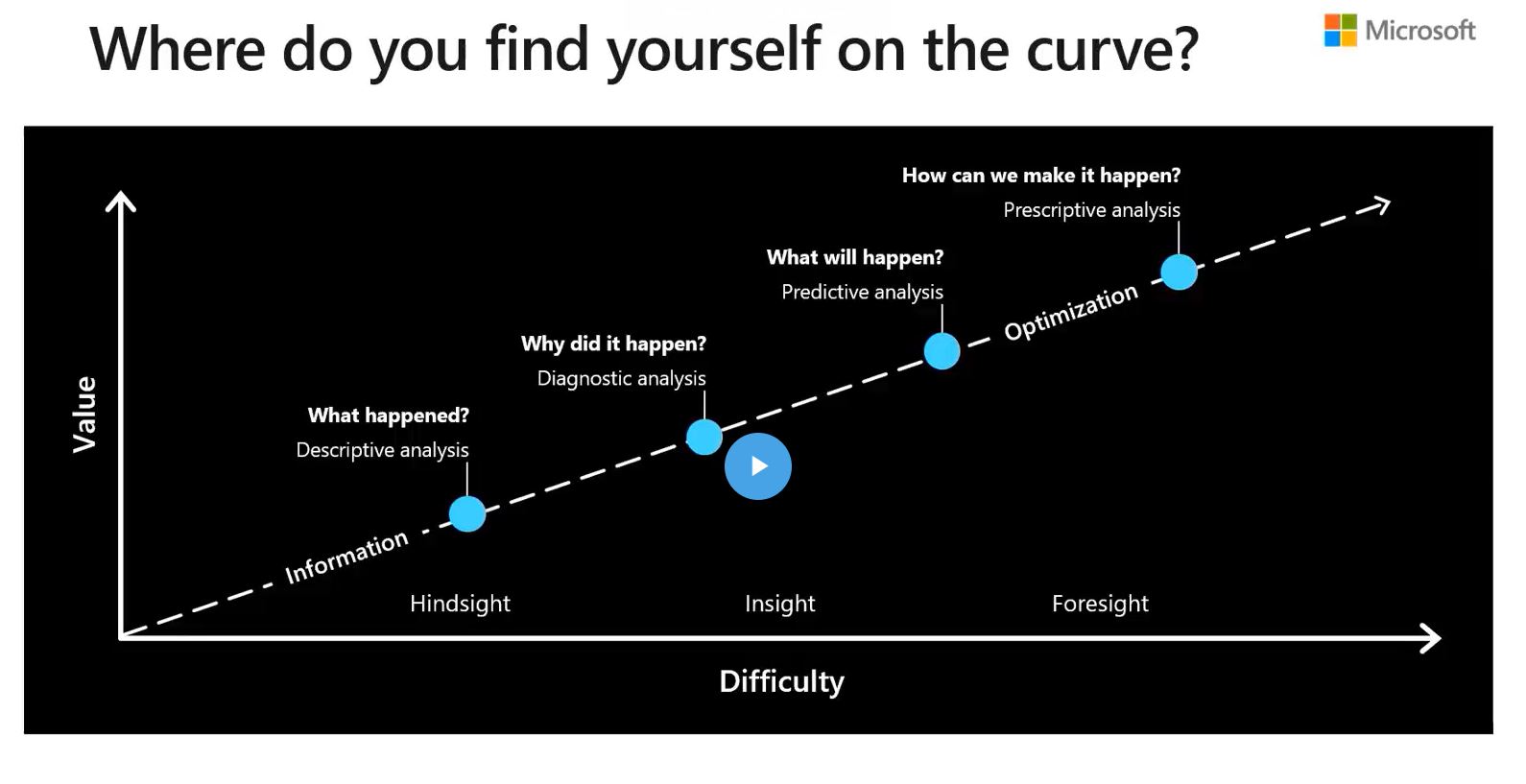Data is the oil of the future and data analytics is the seismic.
Data analytics enables organizations to collect and analyze all their data to identify patterns and generate insights to support decision making at both the operational and strategic levels.
Classic reporting strategies to support decision making are becoming obsolete. They have been complemented and enriched with more robust models generated from internal and external data that allow modeling the company’s reality in a more accurate way.
Those responsible for a process must have an analytical attitude based on data to solve organizational problems by generating models, both descriptive and predictive, that allow companies to strengthen their competitive advantages.
Modeling business reality
As a starting point, in data analysis you can count on a descriptive statistic of the main business variables that can be very useful to find opportunities or reduce costs.
Supporting decision making
The large amount of data, or Big Data, can help generate user-friendly reports that allow process managers or senior management to automate decision making.
Evolution of data analytics processes and models
What stage are you currently at?
At the beginning, great value was placed on statistics. Then the models can be more complex and automate decisions.
Some questions to answer:
– What is going on? Business Analysis
– Why is this happening? Diagnostics
– What is going to happen? Predictions
– How do you make it happen? Optimization

Data analytics solution components
Integrating team efforts with different responsibilities, or working hand in hand with a specialized it consultancy such as Ecoeffy.

Visualize business data and KPIs
Business Intelligence-based business analysis, based on strategies, key objectives and performance indicators, allows focusing efforts on results.

Automation
From repetitive and complex tasks, such as report preparation and data consolidation. This is one of the main benefits. However, it is not the only way to automate operational tasks with AI.

Machine Learning
- Classification - Forecast - Data Scientist
Recorded Benefits of Data Analytics to Date
According to a study by Forester (2019) Customers who have transformed their businesses with purpose have gained:
Safety is no less important
Given the sensitivity of the information, the way in which this information is protected and accessed is of particular relevance.
Access control
To objects
To ranks
A columns
Authentication
In the SQL
Active directory
Multifactor authentication.
Network security
virtual networks
Firewall

